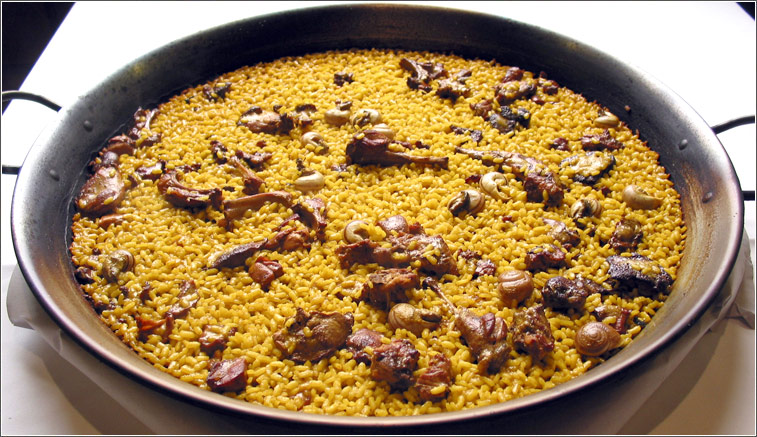Maintaining stereotypes

Everyone knows that Germans don't have a sense of humour. Everyone knows that people from the United States are fat, that Jamaicans have dreads and smoke ganja all the time or that we English are very formal and reserved. And everyone knows that those generalisations are all totally untrue. Jada Pinkett Smith is American, Usain Bolt is Jamaican and all those people vomiting on the payments in Magaluf are British. Bear that idea in mind as you read. Here are some things that Spaniards do or don't do. The converse is that somebody else typically does do, or doesn't do, these things. Spanish men don't wear shorts once summer is over and until the summer weather comes back. A warm day in February doesn't count. Spaniards don't put butter on the bread - not on sandwiches and not on the plate to go with the bread roll at table. It is true that, in some parts of Spain, Spaniards put butter on toast, with jam. Spaniards do not drink warm drinks - tea, coffee type drinks...










